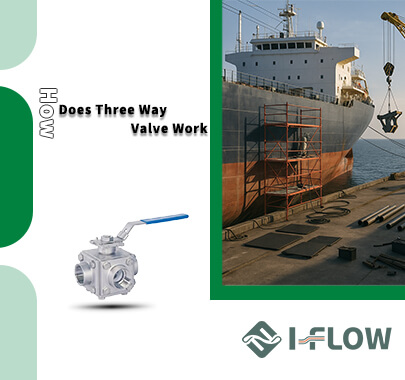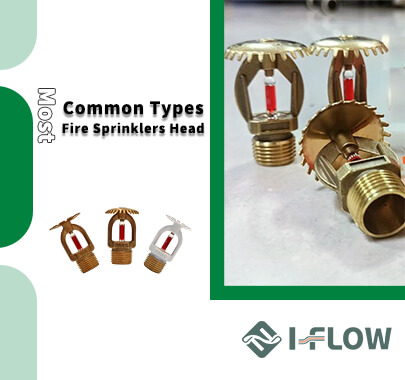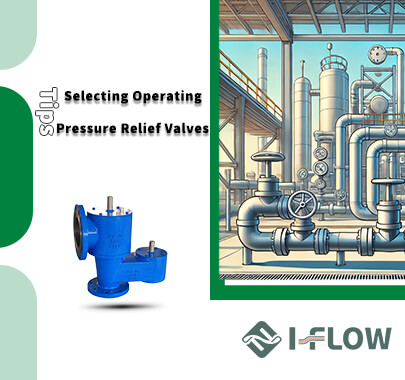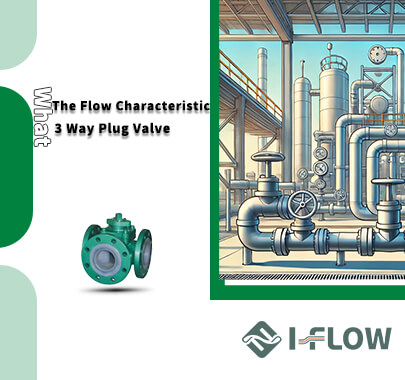In the world of industrial applications, the choice of materials for components like valves can significantly impact performance, longevity, and maintenance. Stainless steel valves are a popular choice due to their corrosion resistance, durability, and versatility. But are stainless steel valves truly worth the investment? In this article, we’ll explore the advantages and potential drawbacks of stainless steel valves to help you determine if they are the right fit for your system.
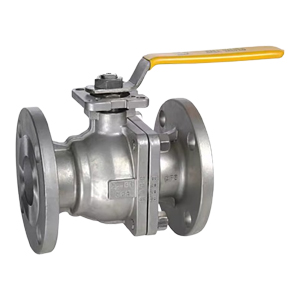
Understanding Stainless Steel Valves
Stainless steel valves are critical components used in various industries to control the flow of fluids within pipelines. Made from alloys that primarily consist of iron, carbon, and at least 10.5% chromium, stainless steel valves are known for their ability to resist rust, corrosion, and staining. These valves are commonly used in industries like chemical processing, food and beverage, pharmaceuticals, water treatment, and power generation.
The superior properties of stainless steel, such as its high resistance to oxidation and corrosion, make it a suitable choice for systems dealing with harsh environments, high temperatures, and aggressive fluids.
Key Benefits of Stainless Steel Valves
Corrosion Resistance:One of the most significant advantages of stainless steel valves is their outstanding resistance to corrosion. Unlike regular steel, which can rust over time, stainless steel is highly resistant to corrosion, even in highly corrosive environments like those found in chemical processing, marine, and wastewater treatment industries. This property ensures that the valves will maintain their integrity and performance over time.
Durability and Longevity:Stainless steel is known for its strength and durability. Valves made from stainless steel can withstand extreme pressures and temperatures, making them ideal for high-performance applications. The material is less prone to wear and tear compared to other metals, ensuring a longer service life and reducing the need for frequent replacements or maintenance.
Versatility:Stainless steel valves can be used in a wide range of industries and applications. Whether you're working with potable water, high-temperature steam, or aggressive chemicals, stainless steel valves can handle a broad spectrum of fluids and conditions. Their versatility makes them a go-to choice for companies looking for reliable performance across different applications.
Hygienic and Non-Toxic:In industries like food and beverage, pharmaceuticals, and healthcare, sanitary conditions are critical. Stainless steel valves are non-toxic, non-reactive, and easy to clean, ensuring that they meet the stringent hygiene standards required in these industries. They help prevent contamination and ensure that the fluids passing through them remain uncontaminated.
Low Maintenance:While all valves require some level of maintenance, stainless steel valves are relatively low-maintenance compared to other materials. Their resistance to corrosion and wear reduces the need for frequent repairs or replacements. Regular inspections and minor adjustments are often enough to keep them operating smoothly, saving time and reducing operational costs.
Potential Drawbacks of Stainless Steel Valves
Initial Cost:Stainless steel valves typically come with a higher upfront cost compared to other types of valves made from materials like brass or PVC. The manufacturing process and the cost of raw materials contribute to the higher price point. However, this cost is often offset by the long-term savings in maintenance, durability, and reduced downtime.
Weight:Stainless steel is a heavy material, which can be a consideration in applications where weight is a concern. The heavier weight of stainless steel valves can make them more challenging to handle during installation or maintenance, particularly in larger sizes.
Compatibility with Certain Fluids:While stainless steel is highly versatile, it may not be the best choice for all types of fluids. In some cases, particularly with highly acidic or alkaline substances, certain grades of stainless steel may not offer the optimal resistance. It’s important to select the right grade of stainless steel based on the specific fluid properties in your application.
Factors to Consider When Choosing Stainless Steel Valves
Fluid Characteristics: Ensure the valve is compatible with the type of fluid, temperature, and pressure it will be handling.
Valve Size and Type: Choose the right valve size and type (e.g., ball valve, gate valve, or globe valve) for your specific needs.
Grade of Stainless Steel: Stainless steel comes in various grades, such as 304, 316, and 904L. Select the grade that offers the best corrosion resistance and durability for your application.
Industry Standards and Compliance: Make sure the valves meet industry standards and certifications required for your sector.

.png)
 en |
en |











